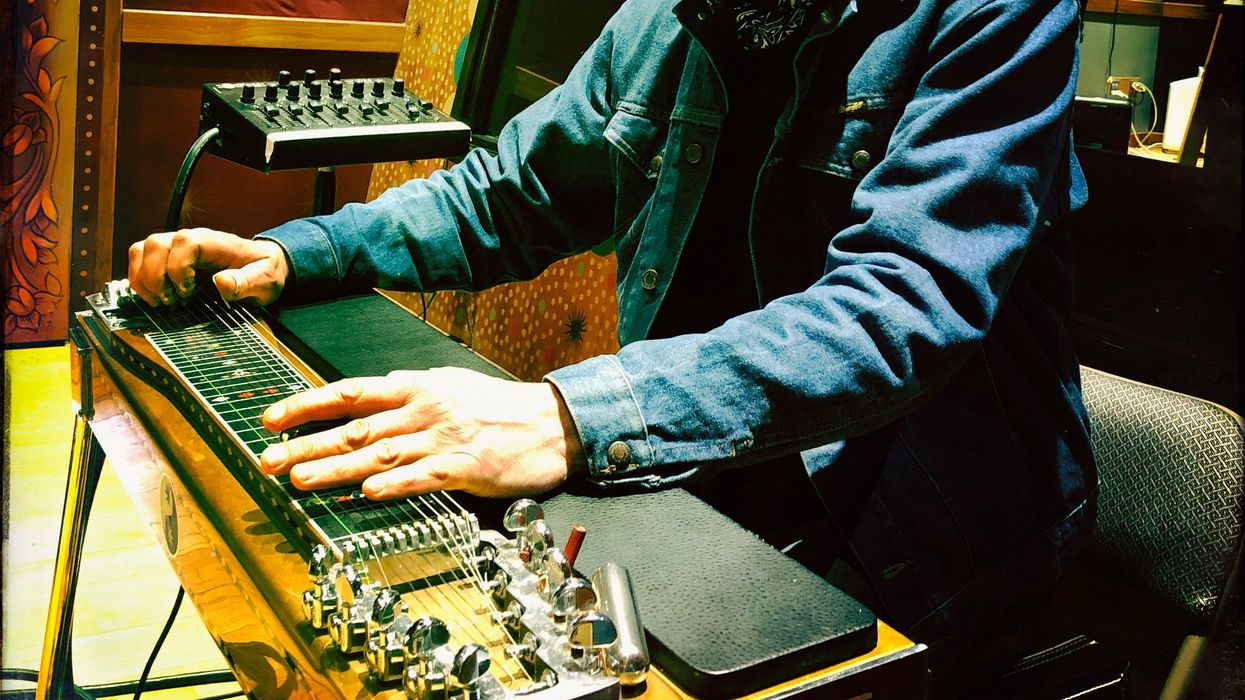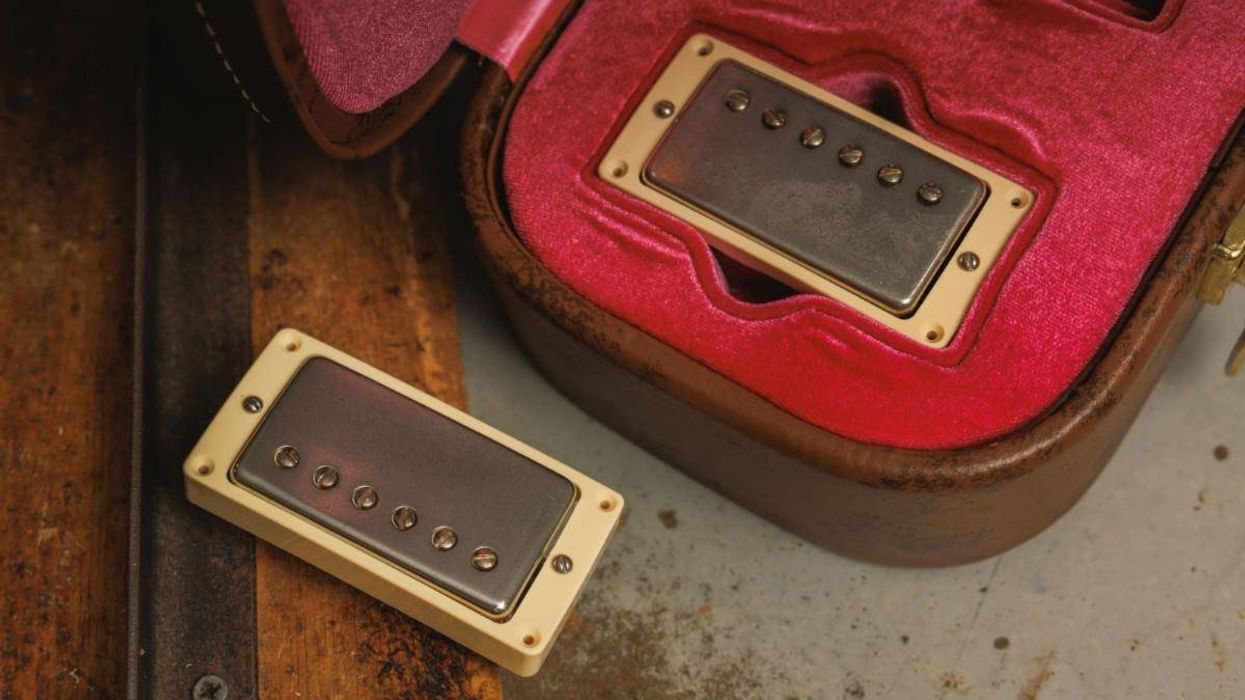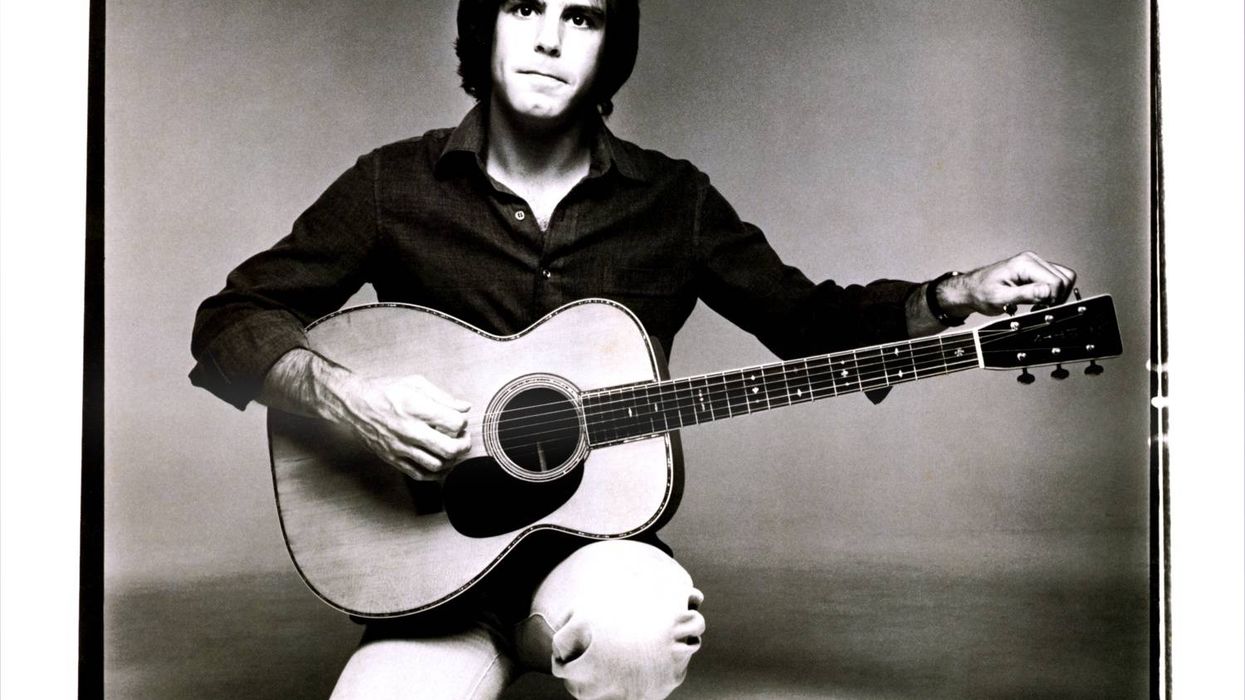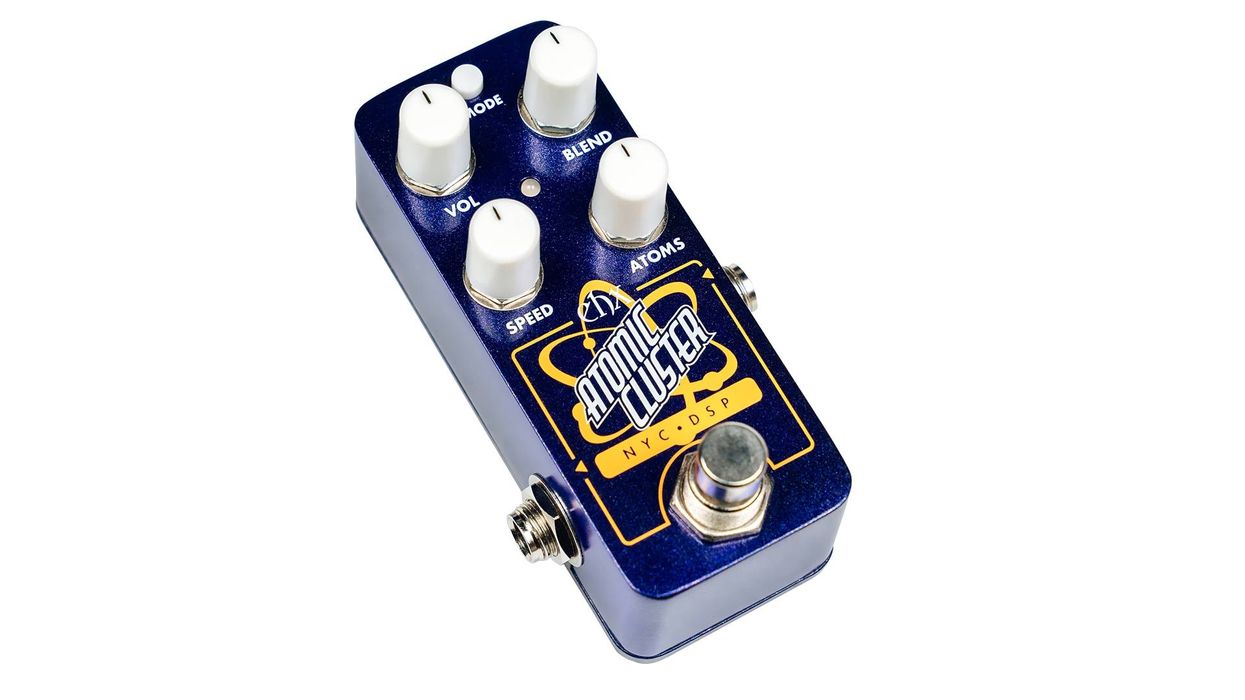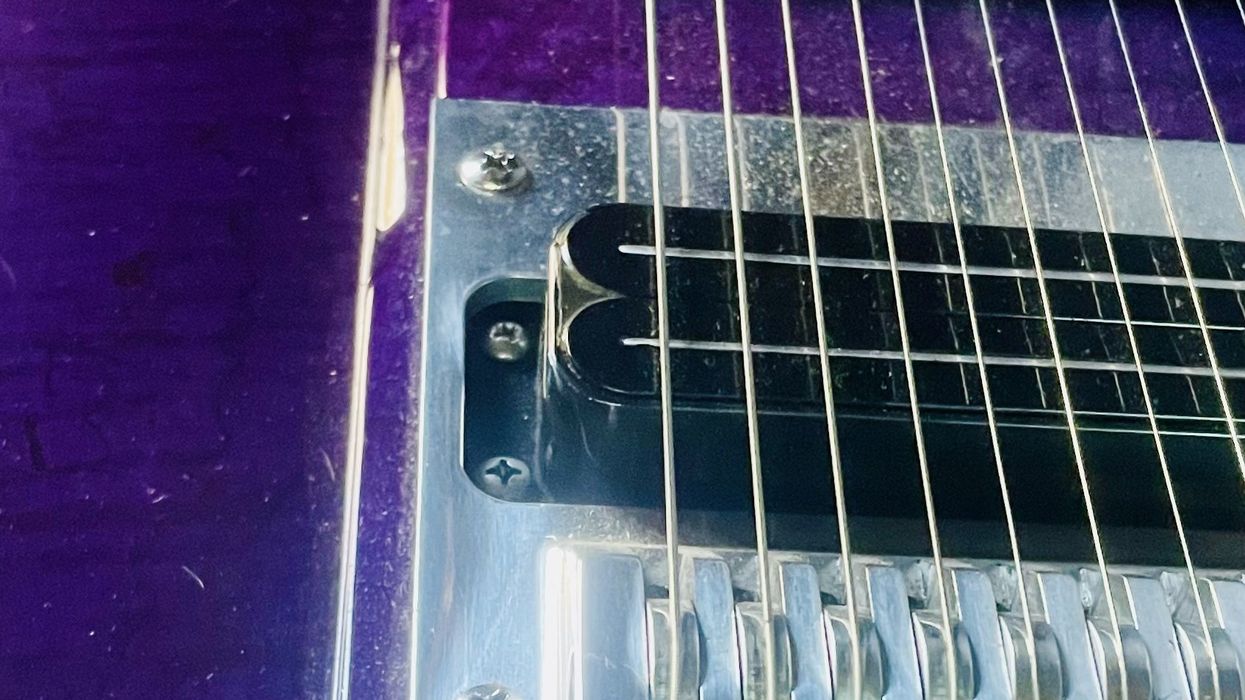I did not enjoy the transition from childhood to adulthood. Going from a loving, nurturing home to an indifferent and, at times, seemingly cruel real world was not a good fit for me. My freshman year in college, I was adrift, scared, and, occasionally, what I now recognize as clinically depressed. Out of desperation, I took a philosophy course to get some answers. There, I read Nietzsche’s book, The Gay Science (perhaps the greatest title ever), and learned the phrase amor fati, which is Latin for “love of one’s fate.”
Nietzsche wrote:
“My formula for greatness in a human being is amor fati: that one wants nothing to be different, not forward, not backward, not in all eternity…
“I want to learn more and more to see as beautiful what is necessary in things; then I shall be one of those who makes things beautiful. Amor fati: let that be my love henceforth! I do not want to wage war against what is ugly, I do not want to accuse; I do not even want to accuse those who accuse.”
I’ve tried to embrace amor fati as my personal battle cry ever since. When applied, that philosophy has gotten me through a lifetime of catastrophes, beautiful moments, and the mundane. It’s also been a valuable tool to make me a better and happier musician. Here’s how:
Collaboration
When playing with a band, the goal is to serve the song, to make the music feel good. Sometimes my idea of where the song should go does not align with other players’ visions. If we stopped and talked it through, we could try a few ideas and see what works best. But in a live jam, that’s not an option. When ideas clash live, that can become a battle of wills. When I try to force it by playing louder and leaning harder into my idea of what it should be, it almost never works. Embracing what the other player is doing rather than forcing what I imagined is usually the quickest and most practical way to make the music feel right. It doesn’t matter how great your idea is if it rubs the wrong way against another player. Let go of your plan and try making what is happening work. The song will go where it was supposed to go.
Envy
There’s an old musician saying: “Whenever a friend succeeds … part of me dies inside.”
Success doesn’t only visit the most talented, or go to the most deserving, so it’s easy to compare yourself to others and feel like you are shortchanged. There’s always somebody else doing something bigger and better, and that’s when it’s hard to love where you are. Yesterday, I was playing the CMT Awards. The show’s big finale was a Skynyrd tribute with an all-star lineup (Slash, Billy Gibbons, Warren Haynes, Chuck Leavell, Paul Rodgers, etc.). During rehearsal, I watched my friends Rich Redmond and Ethan Pilzer playing drums and bass with these legends and caught myself feeling the bitter sting of envy, even though I’m a terrible drummer, a mediocre bassist, and I was literally booked on the same show. That’s like a greedy child in a room full of toys wanting somebody else’s. Count your blessings.
Career
Currently, I’m not touring. I get four to eight cool TV gigs a year and a few monthly sessions, but most of my present work is on Nashville’s very non-glamorous Lower Broadway. Two to six times a week, I haul my gear down and play four-hour slots. At times, it’s grueling, frustrating, embarrassing, too loud, and there’s a physical toll. You either get better or bitter. Your choice.
Singer checks into rehab and a gig is same-day canceled? Amor fati. Carpal tunnel is making the fingers flow like Elmer’s glue from a clogged tube? Amor fati. Your bandmate plays horribly? Amor fati. Amp dies, strings break, back aches? Amor fati. If you can laugh about it later, you can laugh about it now. It’s been a wildly entertaining chapter that’s made me a better musician and a better person. Not what I planned, but right where I’m supposed to be.
You either get better or bitter. Your choice.
Nietzsche gleaned amor fati from Epictetus, a Greek philosopher (c. A.D. 50), who was born into slavery, crippled by his master, and later exiled from his homeland after gaining his freedom. Epi knew a bit about things not going as planned.
Epictetus said:
“Every difficulty in life presents us with an opportunity to turn inward and to invoke our own submerged inner resources. The trials we endure can and should introduce us to our strengths.”
Loving your fate doesn’t mean you plaster on a smile and ignore the hard truth. A positive attitude does not fix issues. But getting depressed and dwelling on your problems won’t fix them either. Once you accept it is what it is, then you can focus on a solution rather than the problem. You stop wishing and start doing.
Life is one big improv jam. What’s happening to you is happening for you. Amor fati.

